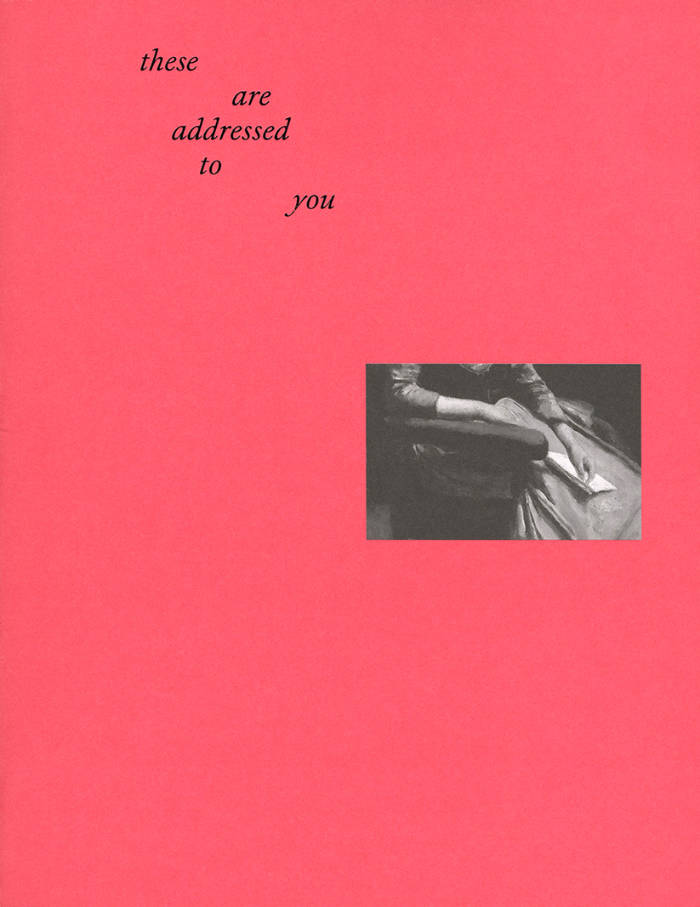
BRICKS FROM THE KILN #5
Andrew Walsh‐Lister ed., Matthew Stuart ed.
Bricks from the Kiln is a semi-yearly journal and multifarious publishing platform established in mid-2015 to support critically minded and explorative writing on and around art, design and literature. Edited by Matthew Stuart and Andrew Walsh-Lister, the forthcoming issue, number five, begins with a single sentence:
blankets topologies in glistening snow and blood — produces instructional spattering, again and again — coughs up clotted network diagram hairballs of illegibility — parasitically draws on / from Thomas Browne’s quincunx — meets for The Big ROAR tomorrow, yesterday — lifts loud cows off the page, aloud — flips the coin of language, heads or tails? — politely speaks on writing heard yet seen — twists tongues, transliterates and teases — makes contact with ancestral spirits — traverses the foothills of La Marquesa, past and present — is the Spectre at the feast — (re)traces polymorphous concrete poems — dashes, gestures, speaks, breathes, moves, joyness — is, as ever, tentative, incomplete and inconsistent.
Contributions by Helen Marten, Rebecca May Johnson, Johanna Drucker, Louis Lüthi, Daisy Lafarge, Holly Pester, Ursula K. Le Guin, Quinn Latimer, Stefan Themerson, Slavs and Tatars, Ashanti Harris, Catalina Barroso-Luque, Kevin Lotery, Bronac Ferran with Greg Thomas and Astrid Seme with Alex Balgiu.







